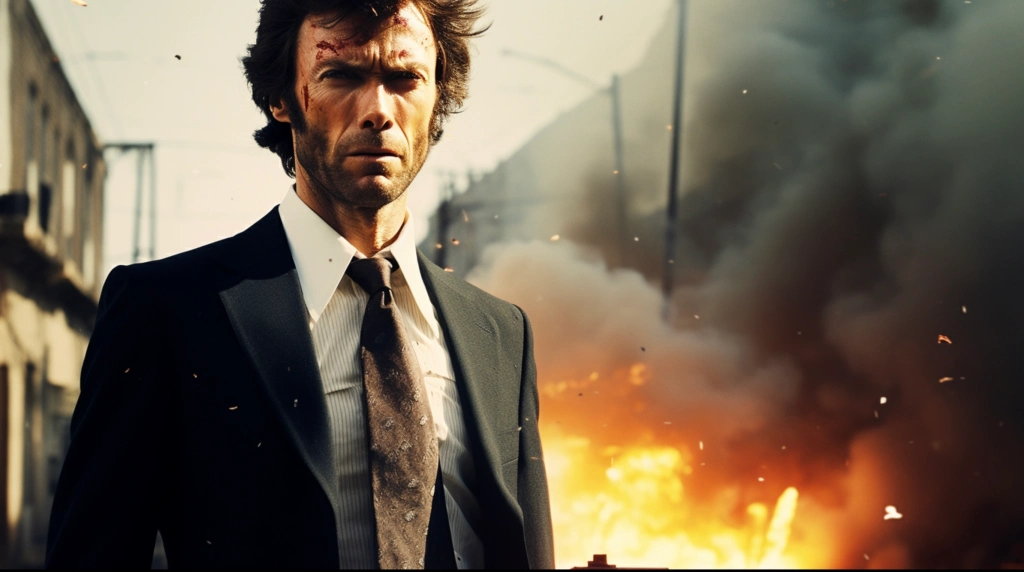
Dirty Harry Callahan, a character brought to life by Clint Eastwood in the 1971 film “Dirty Harry,” is one of cinema’s most iconic and divisive figures. While some see Harry as a relentless avenger who ensures justice at all costs, others view him as a dangerous and reckless force that embodies everything wrong with a police system unchecked by rules or compassion. In this blog post, we will explore both sides of the debate, dissecting Dirty Harry’s actions to determine whether he is a good cop or a flawed one.
The Good Cop: A Warrior for Justice
Unwavering Dedication
Harry’s fans admire his willingness to go beyond the call of duty to ensure that justice is served. Faced with criminals who manipulate the system to escape punishment, Harry takes matters into his own hands, prioritizing results over bureaucracy.
Realism and Effectiveness
Dirty Harry’s methods, although controversial, are portrayed as effective in combating crime. For supporters of his approach, Harry’s success in apprehending criminals who would otherwise evade justice serves as justification for his methods. They argue that his relentless pursuit of justice fills a gap where the system falls short.
A Reflection of Society’s Frustration
At the time “Dirty Harry” was released, public trust in institutions was waning, and many felt that the criminal justice system was failing them. Harry’s no-nonsense approach resonated with those who were disillusioned with the system, making him a hero in the eyes of many.
The Flawed Cop: A Renegade Force
Disregard for the Law
Critics of Dirty Harry argue that his willingness to break the rules, engage in police brutality, and act as judge, jury, and executioner undermines the very principles of justice he claims to uphold. By taking the law into his own hands, he disregards the due process rights of suspects, setting a dangerous precedent.
A Symbol of Police Aggression
For many, Dirty Harry represents a toxic form of law enforcement that prizes violence and aggression over community policing and understanding. His actions have been seen as emblematic of a culture of police misconduct, leading to mistrust and fear between the police and the communities they serve.
Ethical Ambiguity
Harry’s willingness to cross ethical lines raises questions about the role of a police officer. Should an officer be allowed to break the rules to catch a criminal, or should they be held to a higher standard? Critics argue that Harry’s actions blur the line between right and wrong, undermining the moral authority of law enforcement.
Conclusion
The character of Dirty Harry continues to provoke passionate debate. For some, he is a symbol of justice and a necessary response to a failing system. For others, he represents a dangerous departure from the principles that should guide law enforcement.
Is Dirty Harry a good cop? The answer may depend on individual perspectives on justice, law enforcement, and society. While some may see him as a flawed but necessary force in the fight against crime, others argue that his methods undermine the very system he claims to defend. Ultimately, the debate over Dirty Harry’s legacy reflects broader questions about the role and responsibilities of the police, the balance between order and rights, and what society expects from those who enforce its laws.
This blogpost was created with help from ChatGPT Pro
